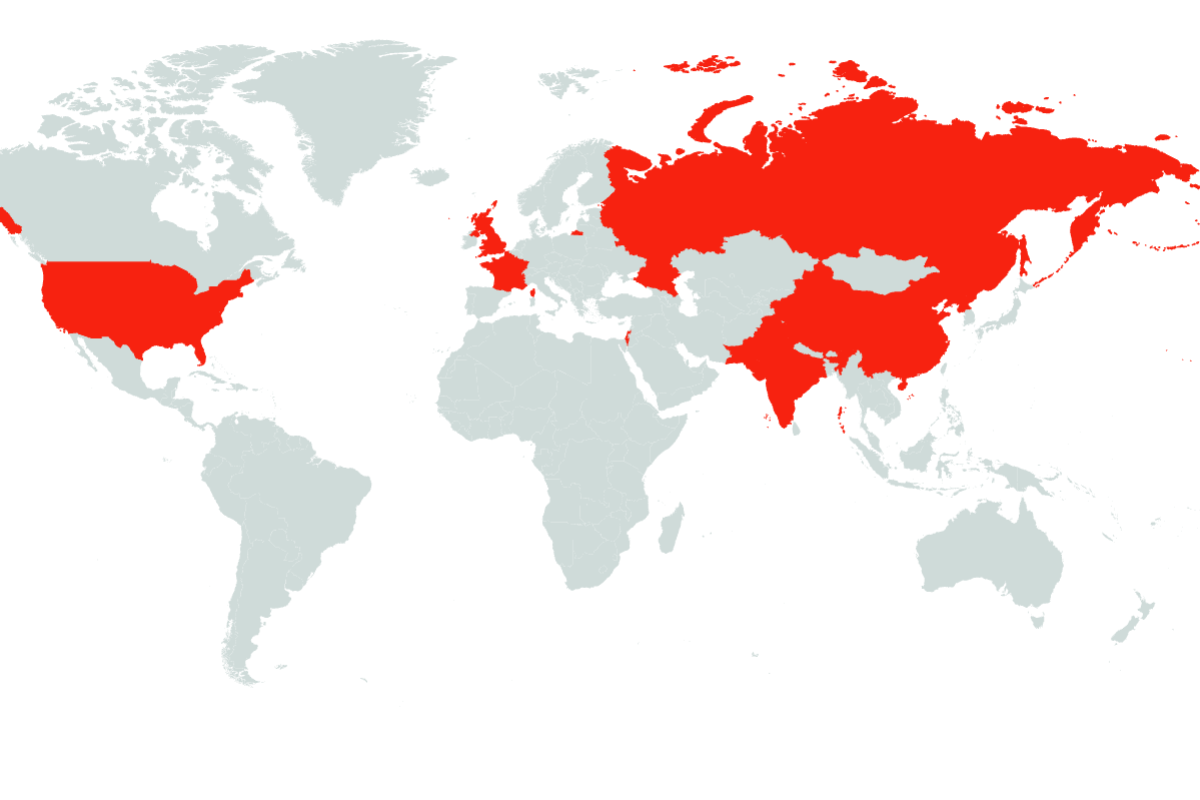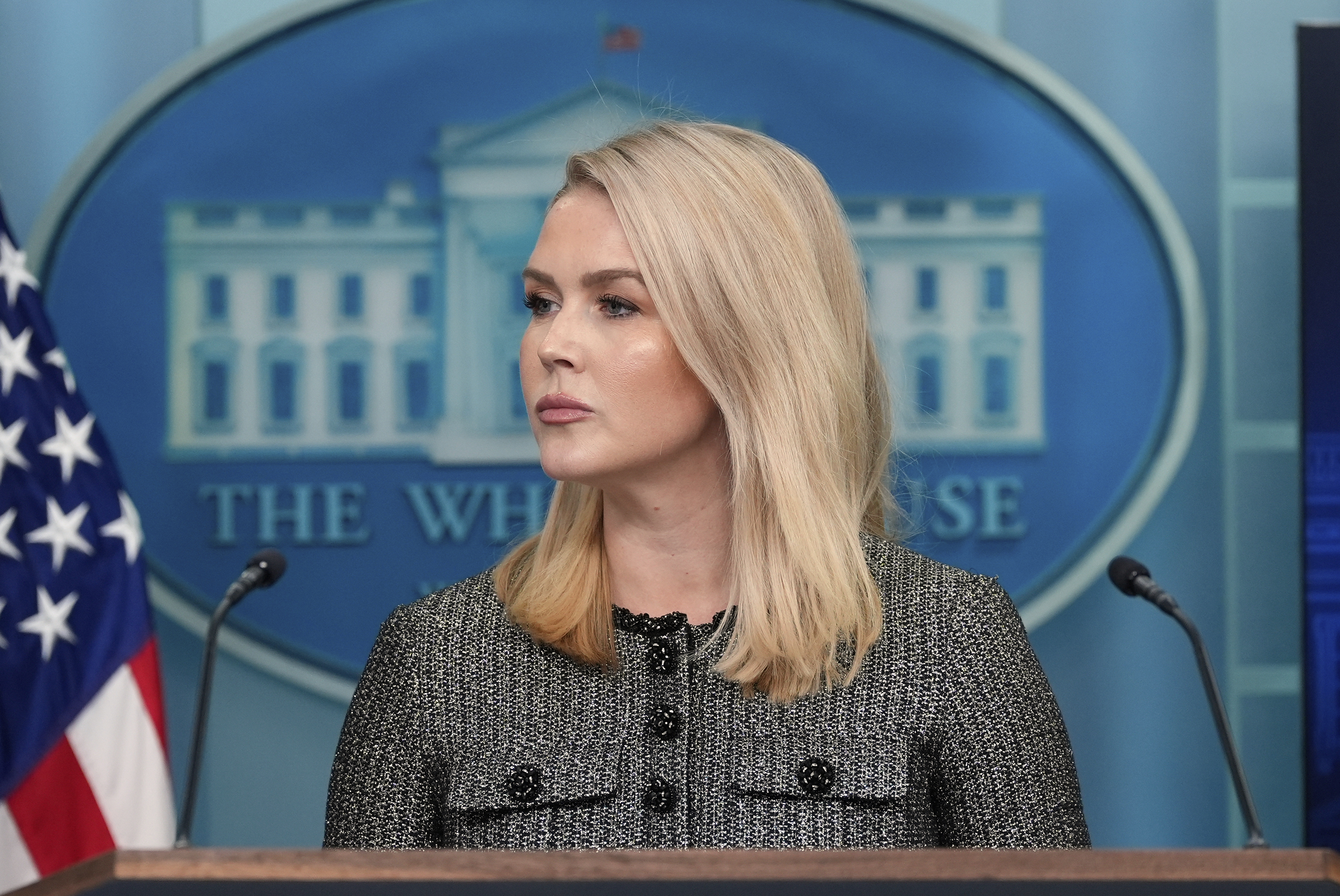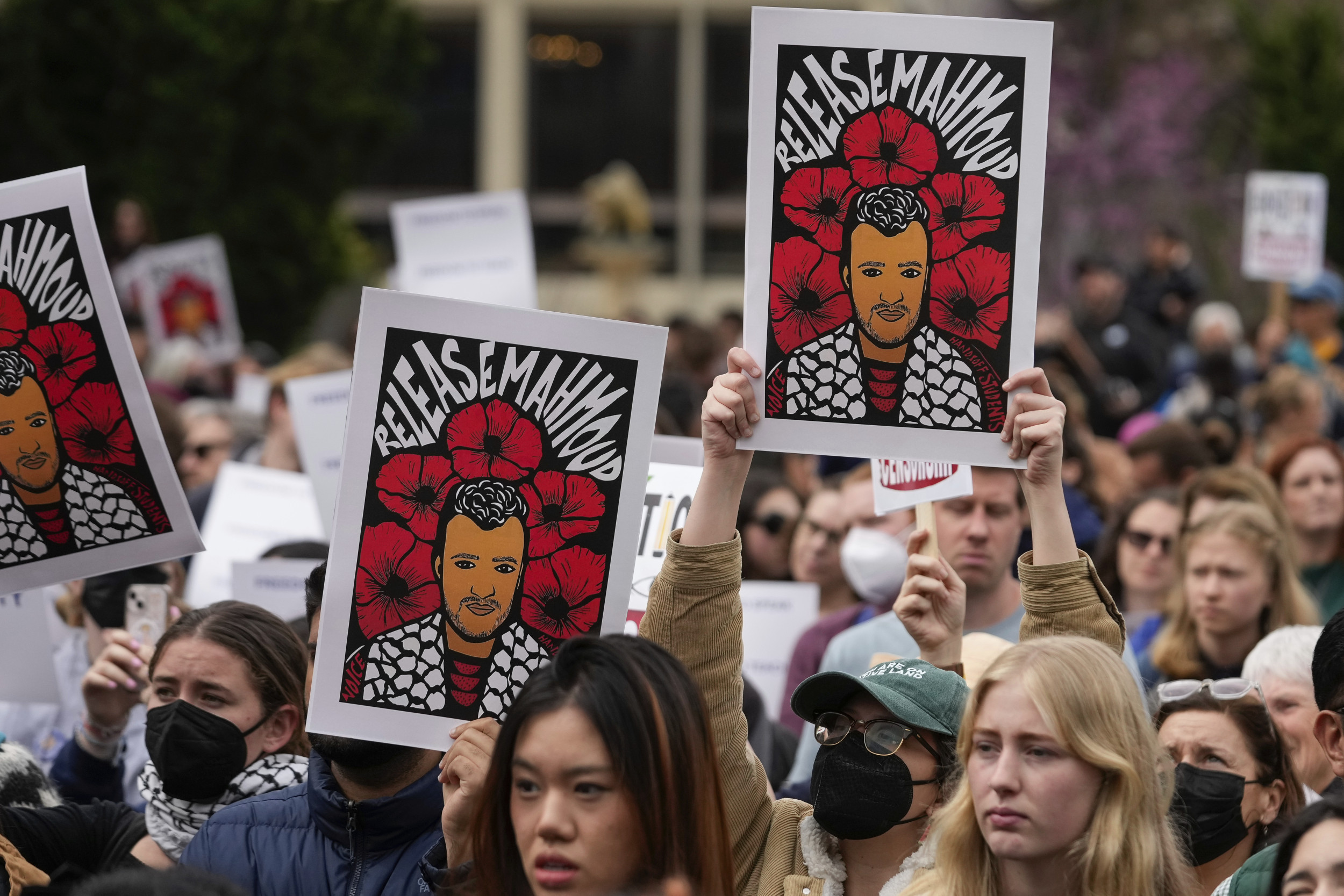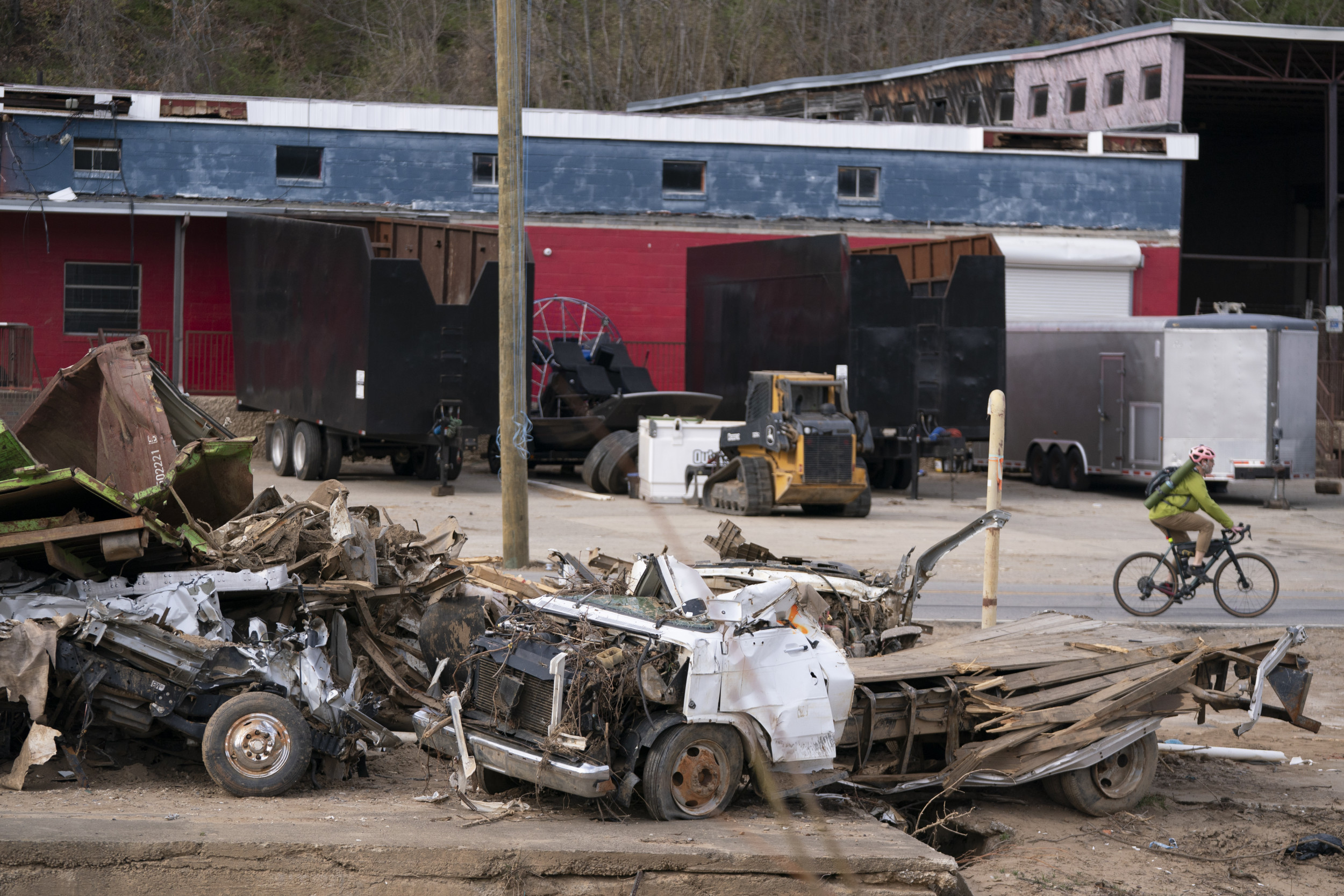🎙️ Voice is AI-generated. Inconsistencies may occur.
Chinese Foreign Minister Wang Yi has reiterated his call for the U.S. to take the lead on denuclearization, warning its strategic rival to avoid forming "nuclear alliances."
Newsweek has reached out to the White House by email with a request for comment.
Why It Matters
The statement follows warnings from U.S. officials that China is rapidly expanding its nuclear arsenal—an effort analysts say President Xi Jinping sees as essential to counter Washington's Asia-Pacific pivot.
Trump has called for China and Russia to join the U.S.—the world's top defense spender—in talks aimed at eventually reducing their respective nuclear stockpiles as well as military budgets by up to 50 percent.
What To Know
During his visit to Moscow on Tuesday, Wang Yi included nuclear issues in a wide-ranging critique of the United States, which also targeted U.S. tariffs and Washington's accusations over China's role in fentanyl precursor chemicals.
The diplomat stressed China maintains a no-first-use nuclear policy and keeps its nuclear arsenal at the minimum level necessary for national defense, according to Russian state media.
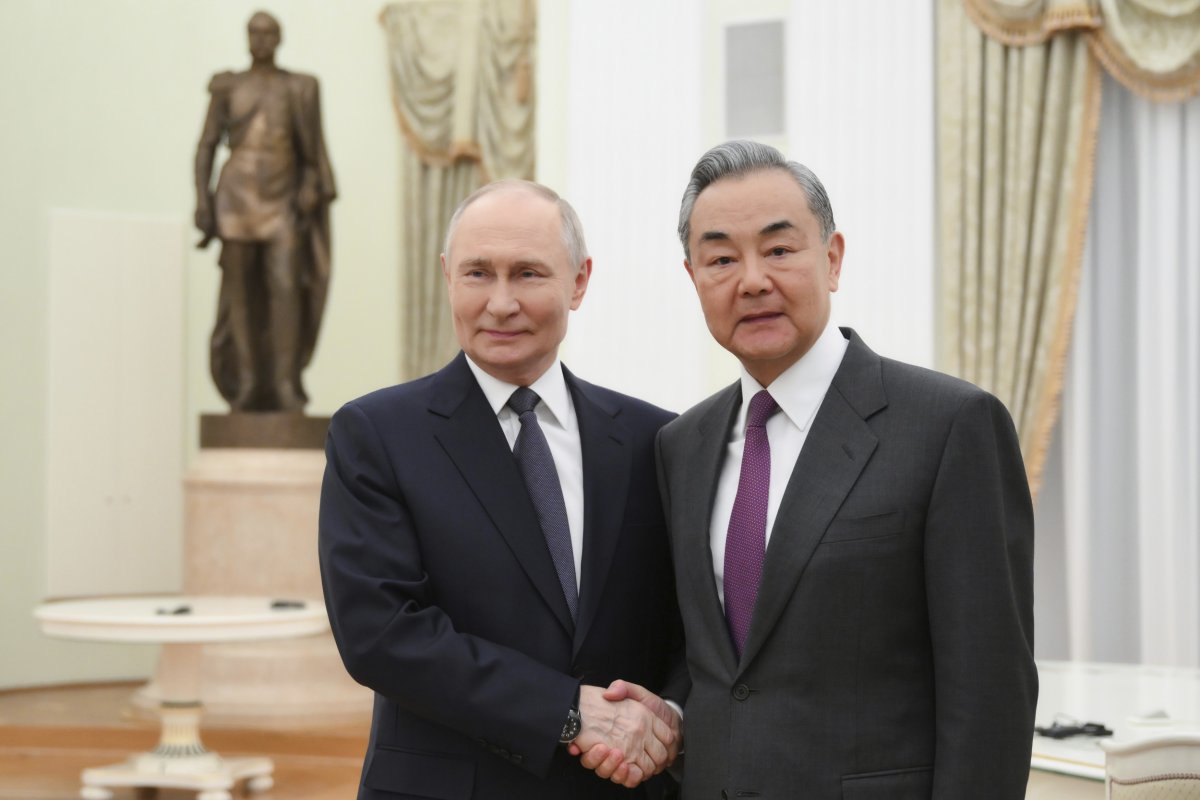
Wang dismissed President Trump's proposal for trilateral disarmament talks as "unfair and unrealistic," and urged Washington—given its superior nuclear stockpile—to reduce its reliance on the nuclear weapons threat in its global security strategy.
He also called on the U.S. to halt the formation of "nuclear alliances" and to withdraw from its global missile defense deployments, particularly those involving intermediate-range systems near other nations' borders.
Wang may have been referencing the U.S. strategy of extended deterrence, which includes the so-called nuclear umbrella that extends to allies—and Chinese neighbors—Japan and South Korea.
Beijing has also repeatedly criticized the U.S. Army's deployment of its Mid-Range Capability missile system in the Philippines, introduced during joint drills in 2024. The launcher, nicknamed "Typhon," is capable of firing Tomahawk missiles, placing large portions of China's eastern seaboard within striking distance.
During a recent phone call, Trump had reportedly proposed to his Russian counterpart, Vladimir Putin, the possibility of talks to reduce American and Russian nuclear stockpiles—by far the world's largest and second-largest—by as much as 50 percent.
Putin, in response, suggested that China, which holds the world's third-largest arsenal with an estimated 600 warheads, could potentially join future arms reduction efforts. China rebuffed the proposal, advising Washington to put into practice "America First" when it comes to arms reduction.
What's Been Said
Ankit Panda, Stanton senior fellow in the Nuclear Policy Program at the Carnegie Endowment for International Peace, and Jennifer Kavanagh, senior fellow at Defense Priorities, wrote in a February article for Foreign Policy:
"Absent clear communication around new missile deployments, the United States risks heightening fears in China and North Korea that could make deliberate nuclear use by both or either of those states more likely. With potentially existential stakes, U.S. political leaders should be the ones providing strategic guidance to the military and making decisions about which missiles to deploy, as well as when and where—not military planners."
What's Next?
The United States is unlikely to agree to any significant drawdown of its nuclear forces without reciprocal commitments from other major nuclear powers, including China and Russia.
Any such negotiations will probably be delayed by the administration's stalled push to end the war in Ukraine.
In a December report, the Pentagon projected China will possess more than 1,000 operational nuclear warheads by 2030—raising concerns in Washington that the East Asian power is moving away from its historically restrained nuclear posture.
fairness meter
About the writer
Micah McCartney is a reporter for Newsweek based in Taipei, Taiwan. He covers U.S.-China relations, East Asian and Southeast Asian ... Read more
